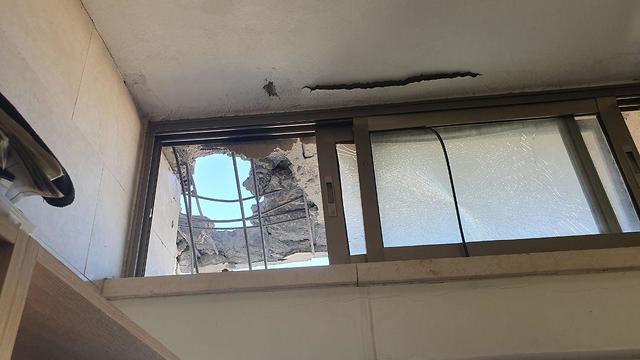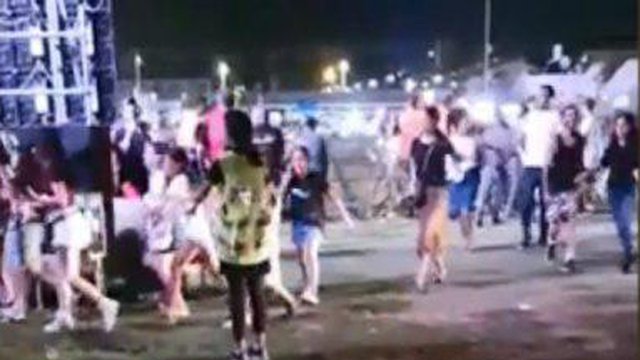
At least 327 people received treatment from mental health services across communities bordering the Gaza Strip this summer due to post-traumatic stress disorder caused by the surge in border violence.
According to data received by Ynet's sister publication Yedioth Ahronoth, these numbers stem from another terror-ridden summer that saw hundreds of rockets being fired toward the area from the Hamas-controlled enclave, incendiary balloons scorching the local fields, violent March of Return demonstrations along the security fence, as well as several infiltration attempts.
This summer there have been at least 12 rounds of cross border fighting between Israel and the Palestinian factions in the Strip.
The most recent escalation saw at least three rockets fired at the southern city of Sderot where some 4,000 people, who were attending a music festival, had been forced to look for shelter in panic as rocket alert sirens wailed.
As a result of the incident at least 99 civilians required treatment by mental health services due trauma sustained during the event and ten others had been treated for shock at the Barzilai Medical Center in Ashkelon.
Most common PTSD symptoms reported by the patients include sleep deprivation, emotional distress as well as burnout among those working in the emergency services.
Director of the Israel Trauma Coalition Talia Levanon said she is concerned about the effects of security events on the children starting the school year next week.
"The children of communities bordering the Gaza Strip had a significantly different summer than the rest of Israeli children," said Levanon. "These recent events on the border with the Gaza Strip are certainly not helping with the upcoming return to school".


















